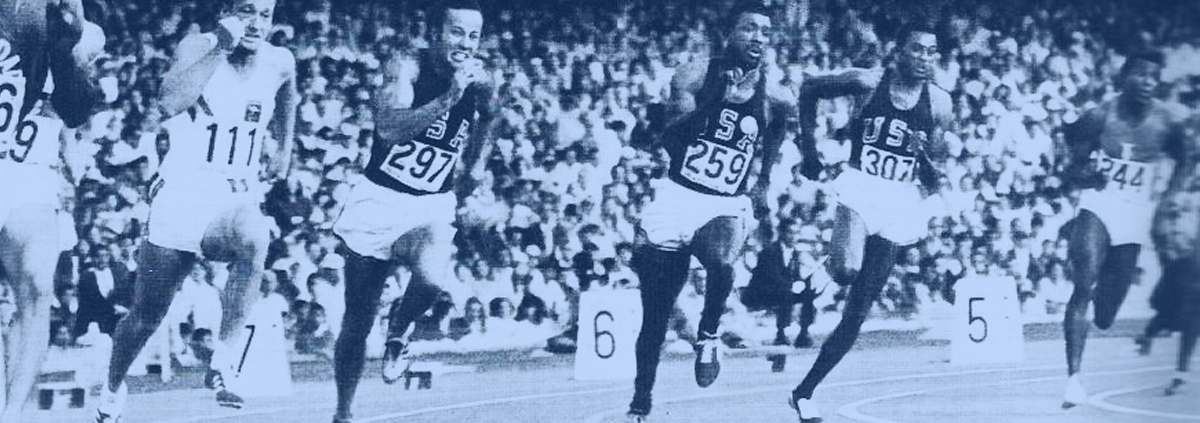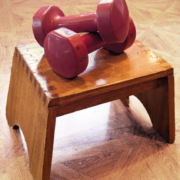How Long Does Fitness Last?
Does exercise when you’re young have any impact when you’re older? That’s the question researchers sought to answer in a very unique study. They recruited men who competed in running events in the 1968 Olympics and evaluated fitness variables to see how they had changed since then. The subjects were tested in 1993 and retested in 2013. Did their fitness and cardiovascular measures decline at the same rate as their age would predict?
Maximal heart rate is calculated by subtracting your age from 220. There are formulas that make it a little more precise, but the shortcut is close enough for most purposes. At every retest, the runners measured max heart rate was significantly higher than predicted. The maximal amount of oxygen they used was also higher than would be expected for their age.
What does this mean? The fitness you attain when you’re younger can impact your fitness when you’re older. This study shows that there are some measures related to the cardiovascular system that can be sustained. You may never have trained like an Olympian, but even if you start later, the fitness you gain may yield benefits years later. Improving your fitness now will still pay dividends twenty or thirty years ahead when you may have more physical restrictions than you have now.
That raises another question: will being fit help you live longer? We’ll tackle that on Saturday.
If you want the best way to combine a change in your diet with an exercise program to maximize fat loss, no matter what your current fitness level may be, make sure you sign up for the Super Bowl Webinar.
What are you prepared to do today?
Dr. Chet
Reference: Med Sci Sports Exerc. 2018 Jan;50(1):73-78.









